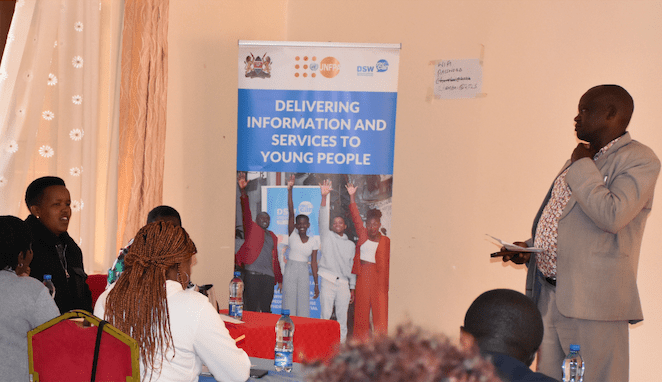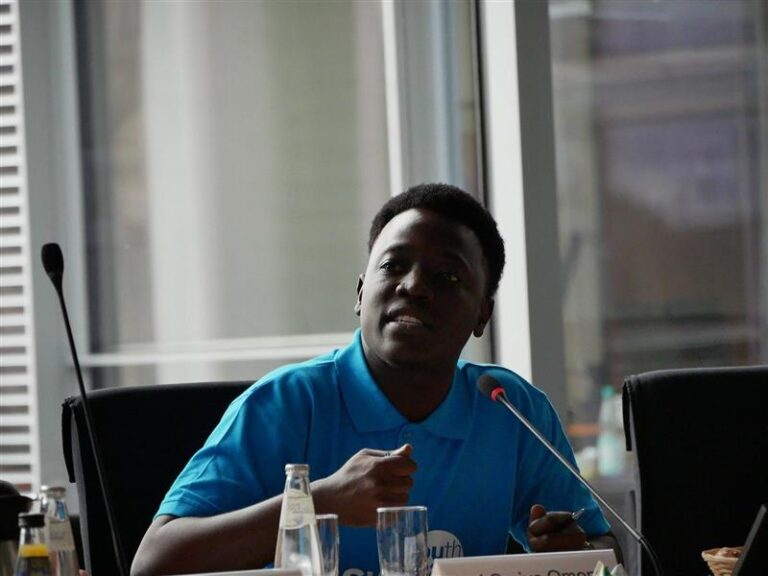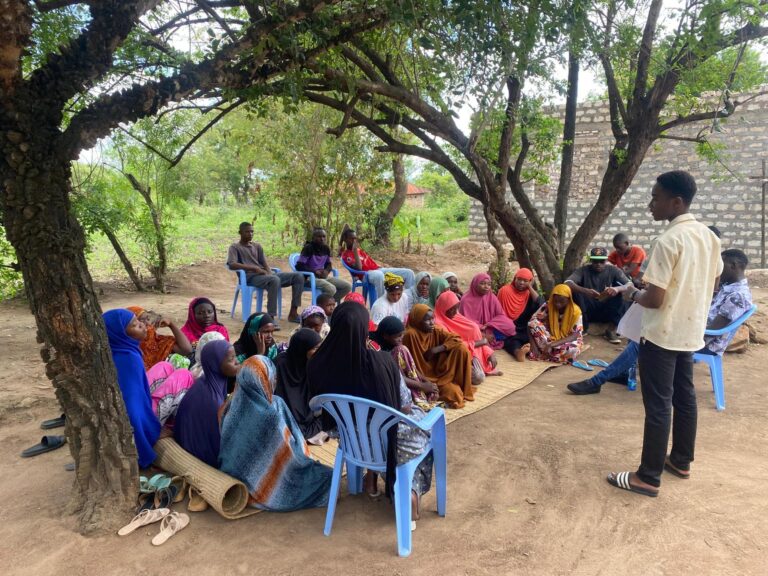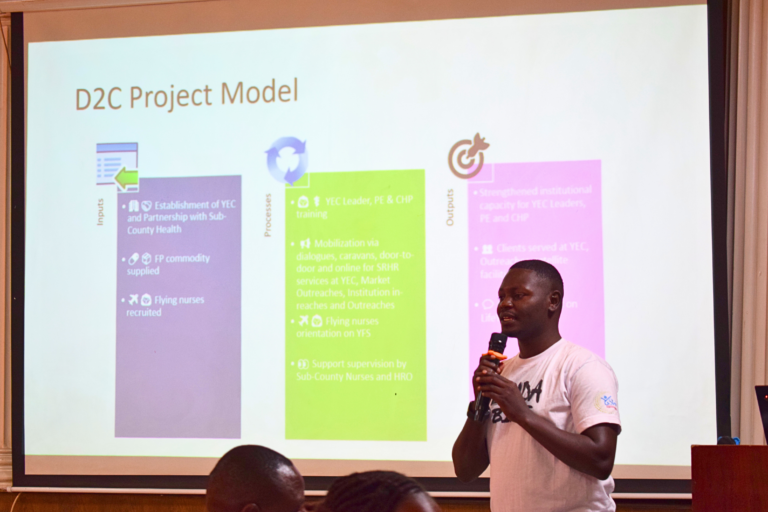Strengthening teachers’ capacity in life skills education delivery
-
by
Youth for a Sustainable World
- No Comments on Strengthening teachers’ capacity in life skills education delivery
In the face of persistent challenges facing adolescents in Kenya—ranging from teenage pregnancy and HIV infections to gender-based violence, harmful cultural practices, and school dropout, teachers play a vital role in shaping adolescent outcomes.
As a result, YSW, in partnership with the Ministry of Education, UNESCO, and UNFPA, set out to strengthen the capacity of educators to become life skills champions in their schools. In a transformative training, 317 teachers from Samburu, Narok, Bungoma, Garissa, West Pokot, Elgeyo Marakwet, and Baringo counties were equipped with the tools and strategies needed to deliver structured, inclusive, and empowering life skills education.
Teachers engaged deeply with the realities of the “triple threat” —teenage pregnancy, new HIV infections, and GBV— facing adolescents.
The sessions covered comprehensive life skills education, the school re-entry policy, child protection, GBV prevention, and sexuality education. Teachers learnt how to recognise signs of abuse, support learners returning to school after pregnancy, and integrate social-emotional learning into their daily teaching.
With guidance from officers from the County Health Department, Ministry of Education and Directorate of Children Services, participants explored legal frameworks and practised building school-based referral and support systems.
What made this training powerful was its practical, hands-on approach. Teachers not only defined life skills, but also unpacked core competencies such as communication, empathy, self-awareness, and decision-making. Through interactive activities drawn from the YSW SRHR Manual, they translated these competencies into classroom-friendly practices.
The training also deepened teachers’ understanding of child protection, equipping them with the knowledge and skills to safeguard learners from abuse, neglect, and harmful practices. They gained a clearer grasp of children’s rights and learned how to identify, report, and respond to cases of child sexual abuse—both within and beyond the school setting. Special focus was placed on tackling entrenched cultural practices such as female genital mutilation and child marriage, which continue to undermine the rights and well-being of adolescents in many communities.
One of the most eye-opening discussions centred on the growing threat of online child sexual exploitation and abuse (OCSEA)—an emerging issue many teachers had not encountered in their professional training. Participants engaged in critical conversations around the signs, risks, and response mechanisms for OCSEA, recognising the need to strengthen digital safety education within schools. The revelations sparked meaningful multi-stakeholder dialogue, highlighting the urgent need for coordinated action in child protection and school-based safeguarding.
“The training has been very impactful. At a personal level, I had a lot of myths and misconception surrounding reproductive health matters. I have come to appreciate the current realities on reproductive health issues affecting learners and young people at large and I am supporting them accordingly,”said Dickson Tendeni , Guiding and counselling Teacher Sikata RC Primary and Junior School.




